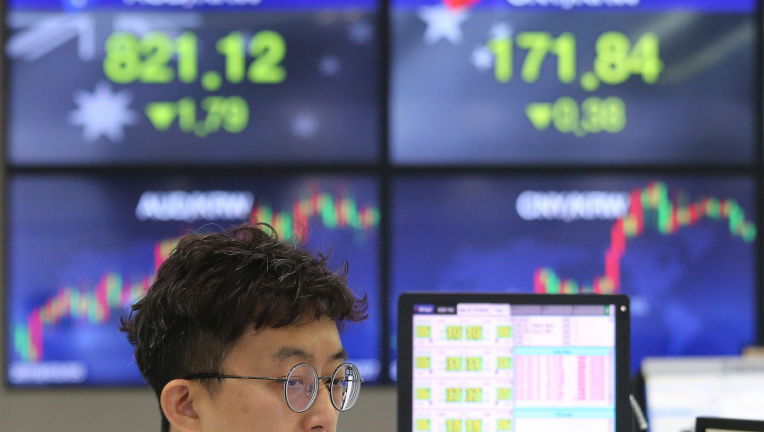
If the ongoing tensions between Beijing and Washington force companies to develop two different sets of technologies — one for China and its aligned countries, and the other for the rest of the world — then it would be bad news for everyone, according to a senior executive at a multinational tech firm.
That is, the development of technology would become more expensive, Mahendra Negi, chief financial officer at Trend Micro, told CNBC’s “Street Signs ” on Tuesday. His company develops cybersecurity software that can protect corporate data from hackers.
“Secondly, the local regulations might drive development in different parts, so you will have this problem of compatibility,” he said. For example, users may end up with multiple smartphones — one that works in China, and another that works outside the country.
Technology competition has become a major factor in the ongoing U.S.-China rivalry and trade dispute, with implications for global IT supply chains based in Asia and the United States, according to analysts. Many have warned that the current disagreement could hasten a “splinternet” — a future where the global digital network is fragmented, or at least bifurcated.
Recently, the U.S. put Chinese tech heavyweight Huawei, a leader in the next generation of high-speed mobile internet, on a black list that makes it harder for the company to do business with American firms.
U.S. Secretary of State Mike Pompeo told CNBC last week that Huawei works with the Chinese government — despite denials from the company — and Washington had been trying to convince allies to stop working with the telecommunications giant on national security grounds. For its part, Beijing denounced Pompeo’s remarks. Huawei has repeatedly denied it is influenced by the Chinese government or intelligence services.
“We hope that a lot of this is posturing around some trade negotiations and it will not really go down in that direction where there are barriers, which make flow of data or flow of products very difficult,” Negi said.
Even though Trend Micro does not ship physical products — so it is not immediately affected by tariffs — Negi pointed out that the company would eventually feel the effects of the tariff war between the world’s two largest economies.
“In the end, our customers, if they’re affected, then sooner or later, we’ll be affected too,” he said, adding that if the whole economy were to slow down, then investments would decline, which, in turn, would also have an impact on the company.

